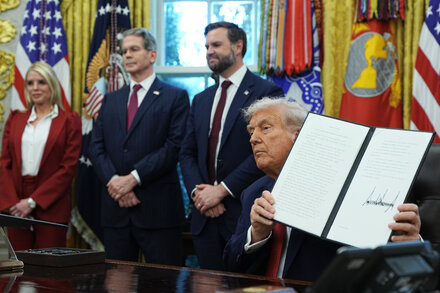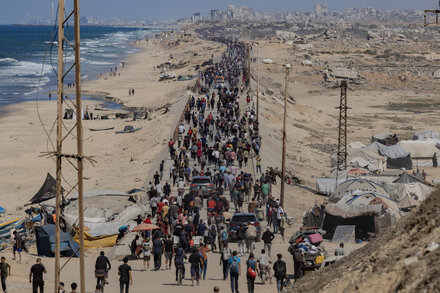Europe stands at a critical juncture, facing mounting pressure to address escalating climate challenges, with critics increasingly scrutinizing the pace and ambition of governmental responses. As the continent experiences more frequent and intense extreme weather events, questions are being raised about the long-term implications of current policy trajectories.
Recent years have seen Europe grappling with a series of record-breaking heatwaves, severe droughts impacting agricultural output and water resources, and destructive floods. Scientific consensus consistently links these phenomena to human-induced climate change, emphasizing the urgent need for robust mitigation and adaptation strategies.
Policy Ambitions and Implementation Gaps
The European Union has set ambitious climate targets, notably through its Green Deal initiative, aiming for climate neutrality by 2050 and a 55% reduction in net greenhouse gas emissions by 2030 compared to 1990 levels. However, the implementation of these goals faces significant hurdles, including economic pressures, geopolitical shifts, and varying national priorities among member states.
Observers point to perceived delays in transitioning away from fossil fuels, slower-than-needed deployment of renewable energy infrastructure, and insufficient investment in climate resilience measures as areas of concern. While significant legislative packages like ‘Fit for 55’ have been introduced to translate targets into concrete actions, the practical rollout and enforcement across diverse economies remain complex.
“The urgency of climate action is undeniable,” stated a recent report from the European Environment Agency. “While Europe has laid out ambitious plans, the gap between commitments and the pace of real-world transformation remains a critical challenge. Every year of delay amplifies future costs and impacts.”
Concerns also extend to the social and economic dimensions of climate policy. Critics argue that insufficient attention is being paid to ensuring a just transition that protects vulnerable communities and industries, potentially leading to social unrest and political resistance against necessary reforms.
Economic and Human Costs
The economic burden of climate inaction is becoming increasingly evident. Damage from extreme weather events runs into billions of euros annually, affecting infrastructure, agriculture, and public health systems. The long-term impacts on tourism, water security, and biodiversity also pose significant threats to the continent’s prosperity and stability.
Public health experts have highlighted the rising risks associated with prolonged heat exposure, particularly for elderly populations and those with pre-existing conditions, stressing the need for more comprehensive public health preparedness strategies.
As Europe navigates these complex challenges, the effectiveness of its leadership in translating ambitious climate rhetoric into tangible, impactful action will remain a central focus for both domestic populations and international observers.
Source: Read the original article here.





